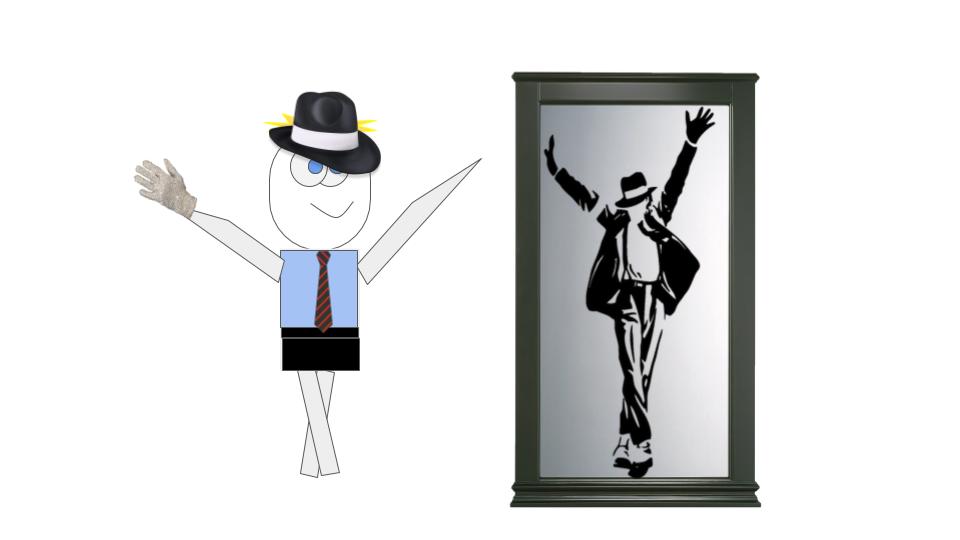Once upon a time, there was a multi-story office building in New York.
Occupants began complaining about the poor elevator service provided in the building. Waiting times became excessively long, and many tenants threatened to move out if it wasn’t fixed.
A consultant was hired and management authorized a study to determine the best solution.
The study revealed that because of the age of the building no engineering solution could be justified economically. Each option was estimated to cost millions of dollars, which would result in minimal speed improvements.
The desperate manager called a meeting of his staff, which included a graduate in psychology.
The young man decided to focus on something different. Instead of analyzing elevator speed, he studied why people were complaining.
If the complaints were a consequence of boredom, the building would need to give those waiting something to occupy their time pleasantly. Perhaps this may solve the problem, he thought. He suggested installing mirrors in the elevator lobbies; people love to look at themselves, right?
The manager took up his suggestion and installed the mirrors at a relatively low cost.
The complaints about waiting stopped. [1]
Sometimes we spend a lot of time focusing on a symptom instead of the issue.
There are a lot of symptoms for each problem, so it’s easy to confuse the two. Unfortunately, once our brains see something one way, we rarely change our assumptions; it becomes harder to form new, creative paths.
Albert Einstein once said, “If I had an hour to solve a problem I’d spend 55 minutes thinking about the problem and 5 minutes thinking about solutions.”
Top performers focus on questioning the problem, not the solution. What keeps them up at night? A deep desire to understand the questions across our universe. Even 90% through a problem, brilliant minds like Einstein would continue to dispute the issue at hand.
So, which part of the equation are you spending your time on?
Could it possibly be the elevator speed, when in reality, the tenants are your concern?

